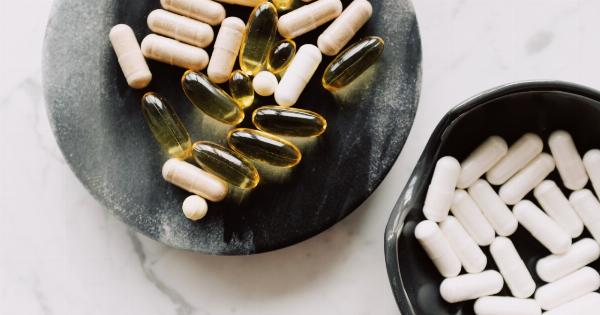Gastroesophageal reflux disease (GERD) is a common condition where stomach acid flows back up into the esophagus, causing discomfort and pain. This sensation is commonly known as heartburn.
GERD can lead to various esophageal disorders, including inflammation and strictures.
Diagnosis
GERD is typically diagnosed through a combination of medical history, physical examination, and diagnostic testing.
A doctor will often ask about symptoms, such as heartburn or difficulty swallowing, and may perform an endoscopy to examine the esophagus for any signs of inflammation or damage. Additional tests may include pH monitoring, esophageal manometry, or barium swallow tests.
Symptoms
Common symptoms of GERD and esophageal disorders include:.
- Heartburn
- Regurgitation
- Nausea
- Vomiting
- Chest pain
- Difficulty swallowing
- Sore throat
Treatment
Treatment for GERD and esophageal disorders typically involves a combination of medication and lifestyle changes.
Medications
Antacids and acid-blocking medications, such as proton pump inhibitors and H2 blockers, can be effective in reducing the amount of acid in the stomach and preventing reflux.
Prokinetics may also be prescribed to help improve muscle contractions in the esophagus and stomach. In severe cases, surgery may be necessary to repair or strengthen the esophageal sphincter.
Lifestyle Changes
Lifestyle changes can also be helpful in managing GERD and esophageal disorders. These include:.
- Weight loss, if necessary
- Avoiding foods that trigger symptoms, such as spicy or fatty foods
- Eating smaller, more frequent meals
- Avoiding lying down for at least two hours after eating
- Raising the head of the bed six to eight inches
- Quitting smoking
Conclusion
GERD and esophageal disorders can cause discomfort and pain, but there are many treatment options available. If you experience symptoms of GERD or an esophageal disorder, it is important to talk to your doctor about diagnosis and treatment.





























